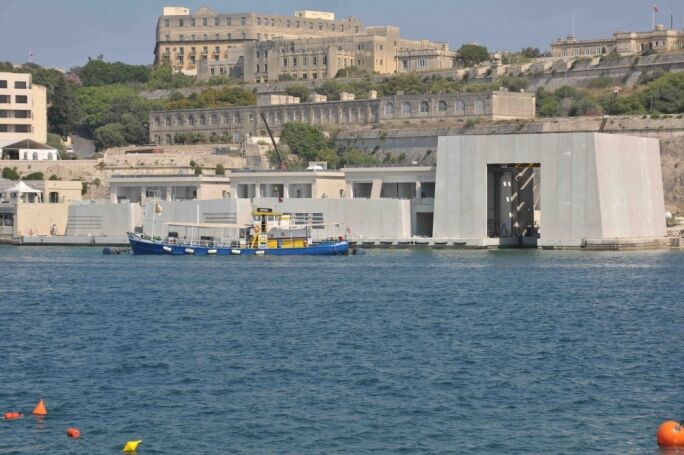CIR 01/24 | DNO Processing Streamlined
The Council is pleased to announce a significant update in the processing of notifications filed under Development Notification Order (DNO) (S.L.552.08), which took effect on Monday, 15 January 2024 following a series of productive discussions with the Planning Authority (PA).
Echoing the sentiments expressed in the email I had sent out on 23rd October 2023, our stance has consistently been clear and firm: DNOs are permitted developments by law. The responsibility of the PA in this context is not to issue permissions but to confirm that the proposed works are included under the specific classes of permitted development.
After careful consideration, the PA has aligned with our perspective, revising its internal policy. This revision entails a strict limitation of external consultations solely in those circumstances permitted by the regulations, except for class 16. This shift in policy is among the significant steps toward simplifying the planning process, removing unnecessary administrative complexities, and thereby enhancing the clarity and efficacy of our professional practices.
Acknowledging this update as a step forward, the Council remains vigilant in monitoring its implementation and is prepared to address any emerging issues. Furthermore, we continue our efforts in advocating for more sensible processes that ensure both quality and efficiency in our work. We encourage all members to acquaint themselves with this recent policy change and to actively report any discrepancies or challenges encountered in its application.
Your continued support and active participation have been pivotal in achieving this milestone. Rest assured, the Council is steadfast in its commitment to advancing the interests of our profession, ensuring that our practices are not only effective but also fully compliant.
Perit André Pizzuto
President


You must be logged in to post a comment.